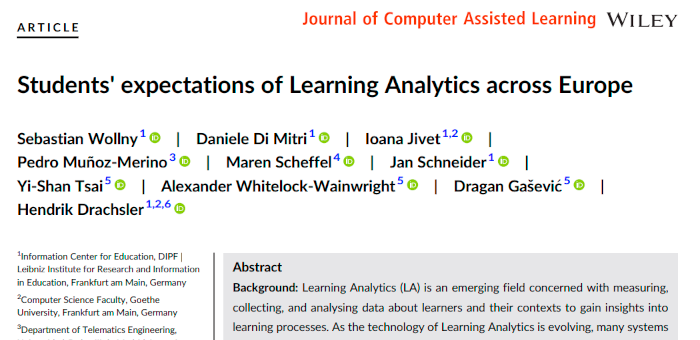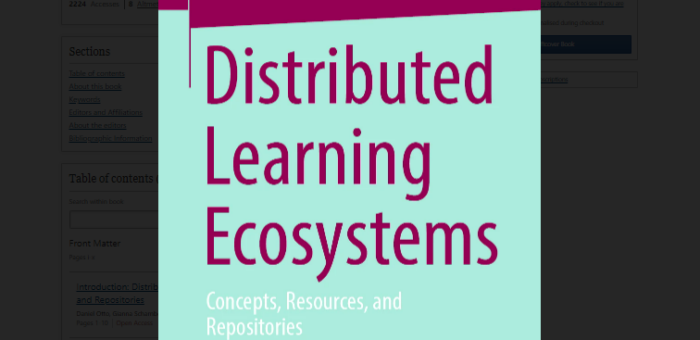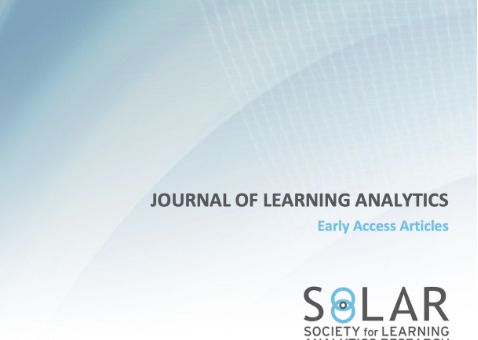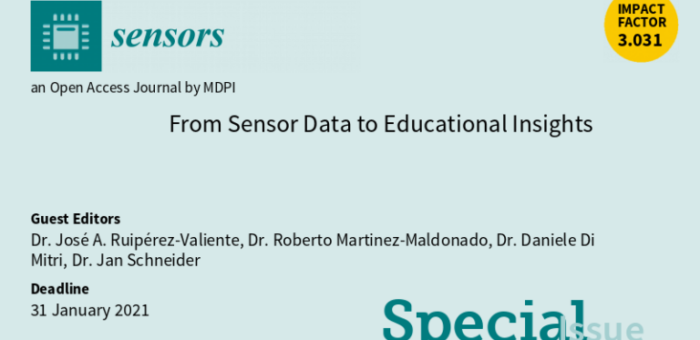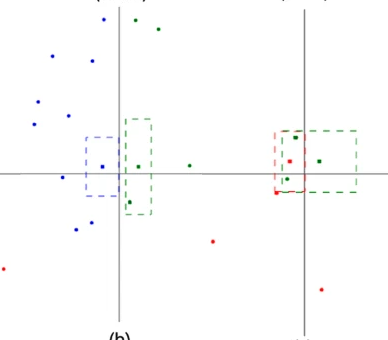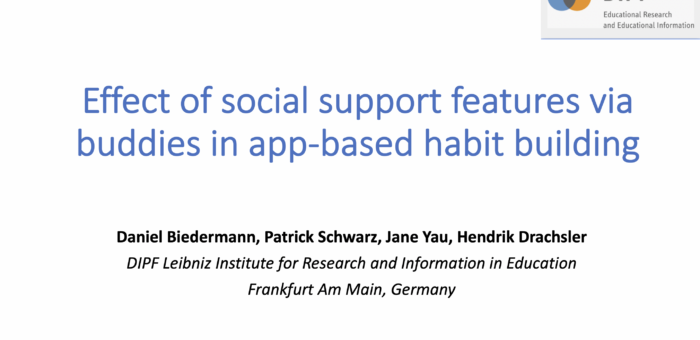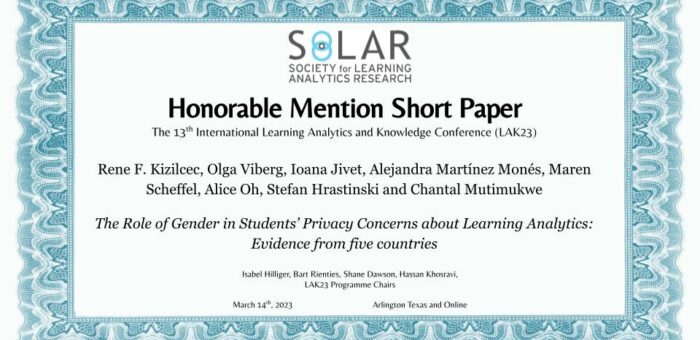
Best Short Paper Award Nomination @LAK23
The protection of students’ privacy in learning analytics (LA) applications is critical for cultivating trust and effective implementations of LA in educational environments around the world. However, students’ privacy concerns and how they may vary along demographic dimensions that historically influence these concerns have yet to be studied in higher education. Gender differences, in particular, are known to be associated with people's information privacy concerns, including in educational settings. Building on an empirically validated model and survey instrument for student privacy concerns, their antecedents and their behavioral outcomes, we investigate the presence of gender differences in students’ privacy concerns about LA. We conducted a survey study of students in higher education across five countries (N = 762): Germany, South Korea, Spain, Sweden and the United States. Using multiple regression analysis,…

